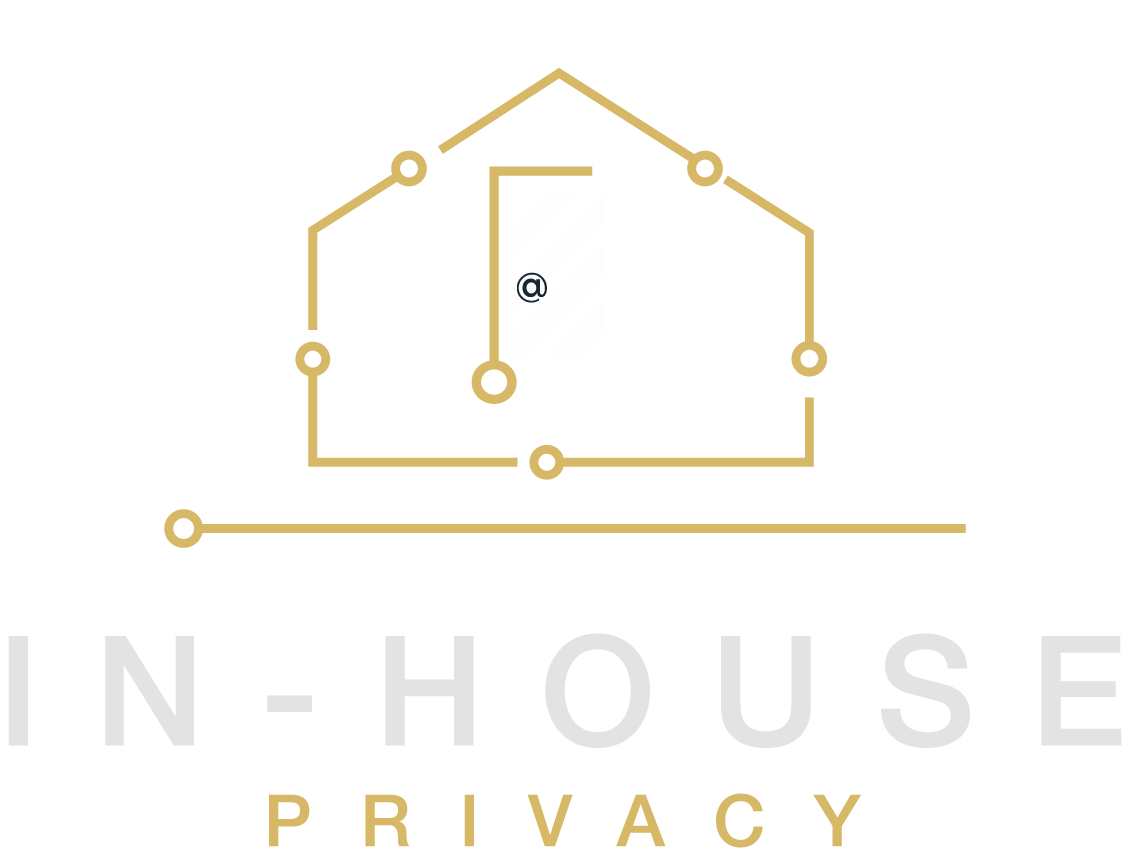Don’t Let The Media Distract You — Apple Is Making A Mistake With iOS14 Changes
It’s easy to get caught up in the media’s portrayal of the ‘Apple vs Facebook’ iOS14 privacy battle. Unfortunately, this hoopla draws us away from the underlying reasons for Facebook’s iOS 14 influence effort. When we compare the changes with global web browser cookie changes over the past few years to Apple’s iOS14 ‘AppTrackingTransparency Framework (ATT) and updated ‘SKAdnetwork (SKAN)’ it’s hard not to conclude that Apple’s changes undermine the open Internet we’ve all become accustomed to, and set a negative precedent for the future of the mobile ecosystem.
Whose Consent Is It?
When you visit a website with a cookie consent request, it’s obvious that the website publisher is the entity triggering this request and not the browser itself. Over the past few years, we’ve seen a dramatic rise in improvements to the user experience around cookie and related mobile tracking consent, which has led to a new breed of ‘consent management platforms’ (CMPs), including Onetrust who recently reached a $5.1 billion valuation.
This is in stark contrast with Apple’s ‘ATT’ effort where the consent request is standardized for all app developers except for a line of small font text below the copy headline. In addition, Apple even recently changed the user experience defaults from ‘Allow’ being the top-listed choice when it was presented during Apple’s original release, to now showing ‘Ask App Not To Track’ as the top-listed choice, which is evidenced in the NBA’s recently released app. Instead of enabling app developers to customize consent for their audience, such as by using a CMP, Apple is minimizing the ability for app developers to ‘own’ consent, and has devalued the opt-in choice by default below their preference for an opt-out choice.
Measurement Deserves Its Own Choice Within ‘Tracking’
While Apple and the media have honed in on ad targeting and data brokering as their primary rationale for the ATT, they have missed the fact that any tool or entity performing measurement is bundled in this consent request. Again, contrasting the ATT with cookie consent, CMP’s all distinguish the various types of cookies used into ‘advertising’ and ‘analytics’ choices, amongst other categories (in part to align with the IAB’s Transparency and Consent Framework). In order to comply with the European General Data Protection Regulation (GDPR), websites and apps are required to specify choices for disparate data processing activities and EU regulators have recently taken actions against Google and Amazon for not offering these types of choices.
A major change accompanying iOS 14 is the requirement for all measurement providers to use an extremely limited ‘SKAdnetwork’ data set that erases more than a decade of industry innovation. Besides the potential antitrust issues around disintermediation of the measurement industry for their own benefit, measurement innovations have been proven to reduce ad fraud and may result in more fraud after the ATT is released (Another post on this topic is forthcoming). In fairness to Facebook’s PR effort, there is a real risk that ad supported app developers and advertisers will be materially harmed by Apple’s change.
The Irony — Apple’s Change Will Benefit Google, Facebook And Other Big Platforms To The Detriment Of Small App Publishers
A year after the GDPR came into effect, eMarketer reported that there was a shift in EU ad spend from open market exchanges to closed ones, in part due to the limited targetable audiences available after publishers enabled cookie consent. A similar reduction in app developers’ use of the Apple’s IDFA and other unique IDs Apple has restricted with their policies (namely customer IDs, IP’s and email addresses) will mean advertisers may not be able to accurately attribute performance to determine media spend and identify ad fraud. One of the key changes with the SKAN is to limit the attribution window to 24 hours (as opposed to a standard 30 days offered by measurement providers), which enables for multi-touch attribution and a ‘long tail’ of disparate app publisher clicks to be measured. Since the large platforms like Google and Facebook have registered users with significant daily activity, they will be able to more easily prove their media value and be attributed with SKAN ‘last click’ reporting.
Why No Industry Collaboration?
When Apple released their ‘Intelligent Tracking Prevention’ privacy controls for web measurement, they also agreed to work with the industry standard-setting body, the W3C, in a Privacy Community Working Group on a ‘Private Click Measurement’ effort. When Google announced their intended deprecation of the Chrome Browser cookie (in 2022), they immediately launched ‘Project Sandbox’ to collaborate with the industry on solutions to minimize the impact of this proposed change. Throughout these two efforts, participants have raised key issues about ad fraud and other points that will save advertisers countless amounts of wasted ad spend. In order to protect the viability for ad supported app developers, it would seem incumbent on Apple to follow a similar path and delay releasing the ATT and SKAN while collaborating with the app community on a more open, accurate and secure attribution effort.
